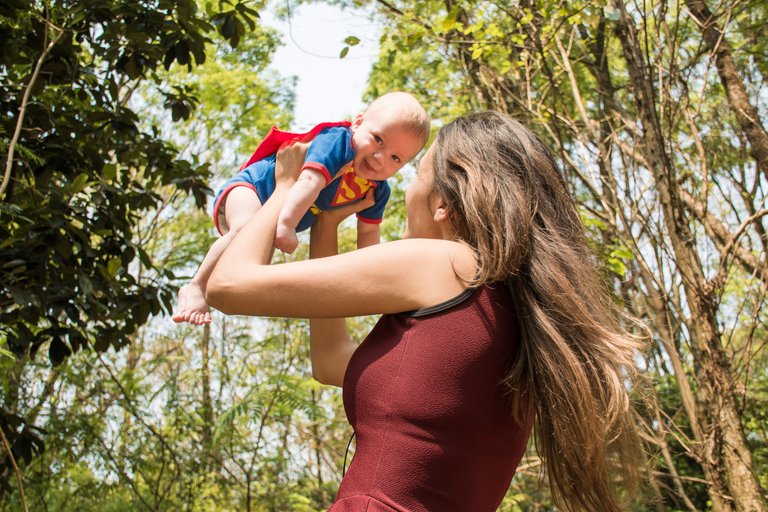
Parenting & Playtime eliminate ADHD like pills never could.
The most common form of intervention for ADD/ADHD children is being medicated with a central nervous system stimulant. It may surprise you to find out stimulants as a sole form of intervention have not resulted in an altered long-term prognosis for treated children.
What is not as surprising is parents who are not willing to go through the challenging work of behavioral therapy with their child are much more content relying on pills. This all equals outsourcing your parenting to a pharmaceutical company. Tisk, tisk.
https://www.tandfonline.com/doi/abs/10.1300/J274v19n01_09
Here are a couple of things that ARE working and don't involve you relying on prescription drugs to see results.
Parenting
(Who would have thought?)
A 2016 study outlines this and gives a glimpse of what may help kids suffering from these disorders, need the most - healthy parental, established, interactions.
https://www.tandfonline.com/doi/full/10.1080/15374416.2015.1105138
146 children with A.D.H.D. from the ages of 5 to 12 were organized into two groups. One-half of the subjects were prescribed a low dose of Ritalin, and the other half were treated with behavior-modification techniques enforced by parents and teachers who attended meetings to learn the techniques.
Behavior modification for A.D.H.D. is based on a simple system of rewards and consequences. Parents reward the good acts they see; and withhold privileges, like playtime or video games, or enforce a ‘time out’ in response to misconduct.
No surprise the children who had behavior therapy from their parents “had an average of four fewer rules violations an hour at school than the medication group.” In fact, one-third of the children who had behavioral therapy did not need medication at all.
When explaining the differences between the two groups, researchers suggested that parents play an important role (durp). Those [parents] not conditioned/willing to go through the challenging work of behavioral therapy with their child were much more content to just rely on pills.
Parents already outsource most of their parenting these days, this is a fine example of how parenting is being directly outsourced to pharmaceutical companies.
Recess
Although pharmaceutical companies would have us all believe that robust prescription drug presence is our only choice, one school has shown this mantra to be nothing short of false.
According to a new finding, more time in the classroom might be the highest contributor to children not being able to focus.
Today.com recently reported that Eagle Mountain Elementary in Fort Worth, Texas, has been giving kindergarten and first-grade students two 15-minute recess breaks every morning and two 15-minute breaks every afternoon to go play outside. It is all part of a program called LiiNK https://liinkproject.tcu.edu/.
At first, teachers were worried about losing the classroom time and being able to cover all the state-mandated material they needed with what time was left, but after five months, teachers say the kids are actually learning more because they’re better able to focus in class and pay attention without fidgeting. Even parents have weighed in on the benefits. Suddenly all the symptoms relating to disorders like ADD and ADHD have been cured without prescription meds.
The American Academy of Pediatrics acknowledges this
http://pediatrics.aappublications.org/content/131/1/183, calling recess “a crucial and necessary component of a child’s development.” Studies show it advances important cognitive, social, emotional, and physical benefits, yet many schools are cutting down on breaks to implement more "learning", which appears to be counterproductive - at best. At worst, it is flat out torturous to mandate children be locked in a room for 7 hours a day, crunching information that may not even be relevant to their life path.
These are just two real-life examples of how numerous so-called disorders could be tackled without drugging children at all. My advice, make drugging children socially unacceptable, AGAIN!